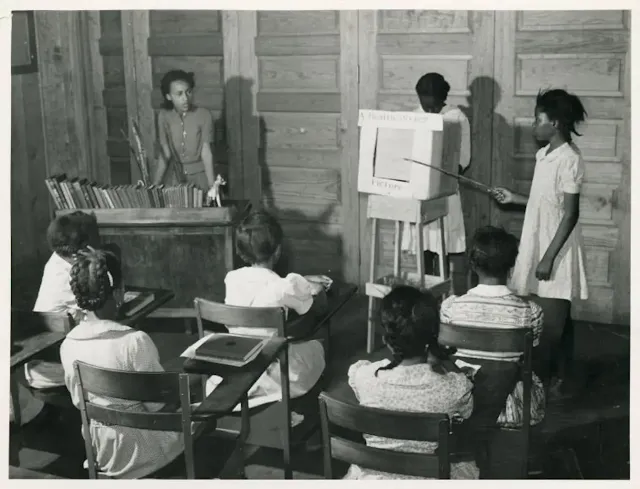Education gap: The root of inequality
 |
| Education gap: The root of inequality |
Educational
inequality is perhaps the root cause of wider inequality more than anything
else. If we look at inequality and inequality of access to certain careers,
inequality and inequality of income and wealth in the nature of political
participation, all of these things are reduced by equalizing these skills.
Education not only produces
Abilities,
but also frames of mind, conscience, diligence, a sense of agency, and so I
think there is nothing more important to creating the kind of society we want.
Then the results in the field of education. Knowing someone's race or ethnicity
to raise doesn't tell you anything about what their test scores or grades or
occupation might be.
Boston is a place where I think we are a
national leader on many educational fronts. But the story really is that we're
not doing everything we're doing. We are not giving the results that we want to
do. What we want to provide and it is really an educational equality problem.
So we see disparities in terms of gender and race and educational outcomes in
Boston. And if we're really going to get all the results that Boston wants to
get, we're going to have to address issues of educational equity.
There is only one challenge to face. When we
talk about the achievement gap, even if we just talk about the racial
achievement gap, we have students of color in high-income suburban districts.
Those that lag behind their white classmates are your inner-city school
districts with high levels of poverty.
Having a hard time attracting teachers.
Therefore, what is needed is to know how we can make those changes in each of
these contexts. which are necessary to create the excellence we aspire to have
high incomes for children in inner cities.
The suburbs never imagined but the inner
city's most effective schools and teachers meet these needs. Where they are
suitable environments for these children where they are suitable for these
children. Through school and if we can do this on a large scale, it is really
incredible that poverty can be reduced in the next generations. And that we can
get the clues about a society that we want in future achievement gaps by race,
gender, and ethnicity.
Socioeconomic status is evident in national
statistics up to two years of age. So we can't wait until school starts is an
initiative that we just started in Boston called Boston Basics. Where we found
five basic ideas about five early childhood parenting tips.
We want everyone in the city to know where to
explore the city. Young parents of young children need to know that their
children do not fall behind until the age of two. It's not just about giving
information, but about creating that social support point.
Around them
so that they know that grandparents and relatives and ministers and barbers all
know. It's important that they're being supported to do these things you can do
with content. Those who are already at home and there is nothing here, which is
particularly a particular ethnic or sociology-economic group. This is a human
thing.
Something that everyone in the community can
benefit from is another thing that excites me these days. That is the culture
of the youth, and a part of it is to make the curriculum of the schools. They
have the curriculum that teachers teach. And the throne that teaches children
is part of what we are raising. There are many examples of misbehavior where
children are doing things they don't even want to do.
Just trying to fit in. And so the idea is to
intervene in youth culture and help children develop that culture. What they
really want in their school is they already have the right values they don't
have the social opportunities to live these people well.
The only help left is students wanting to
help each other. This requires student leadership. To allow people to say what
they think. Do you like it? Are you a student leader? Well, you are a tyro. How
plausible is it? Where you will talk to students honestly about the way they
really want to eat beef. You can tell your story. You can help other people in
other places. There's no choice but to try to make things happen.
It happens
that we do not need to do this because it is very scary. What if these daycares
don't happen? Reminds me of the 60s and early 70s when all those problems are
coming back. There was a time when you thought we could achieve.
But there are enough examples where people
have made too much progress in inner-city schools to think that if we really
want to do it, really have the political will that we can do it, is it our
generation? It is our responsibility to work on it. It doesn't matter whether
we are optimistic or pessimistic.







0 Comments